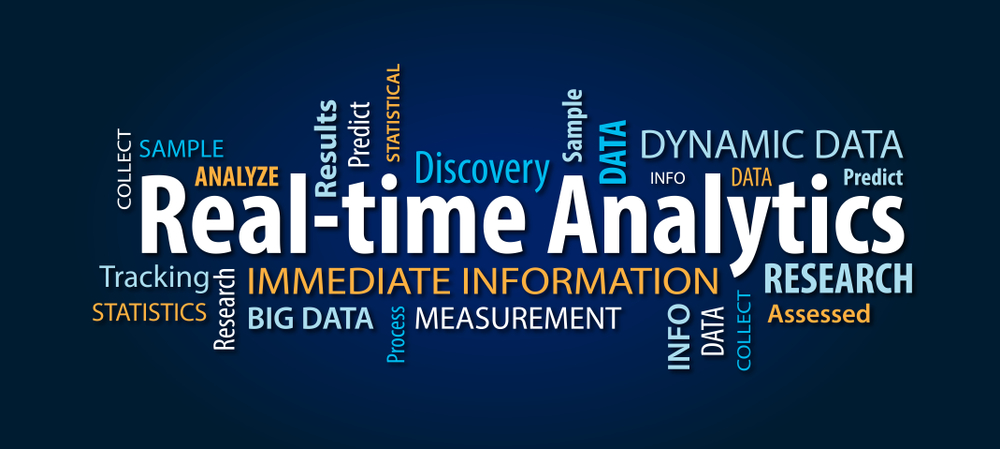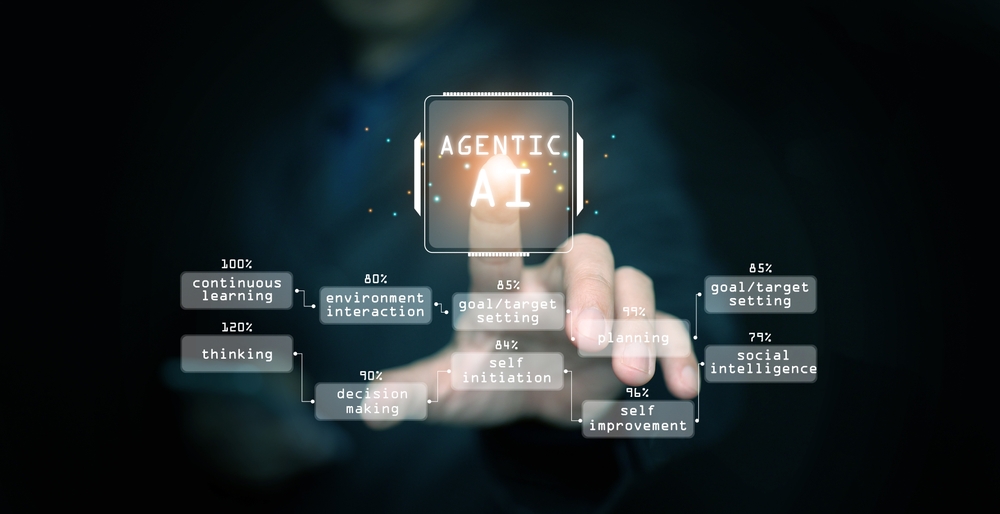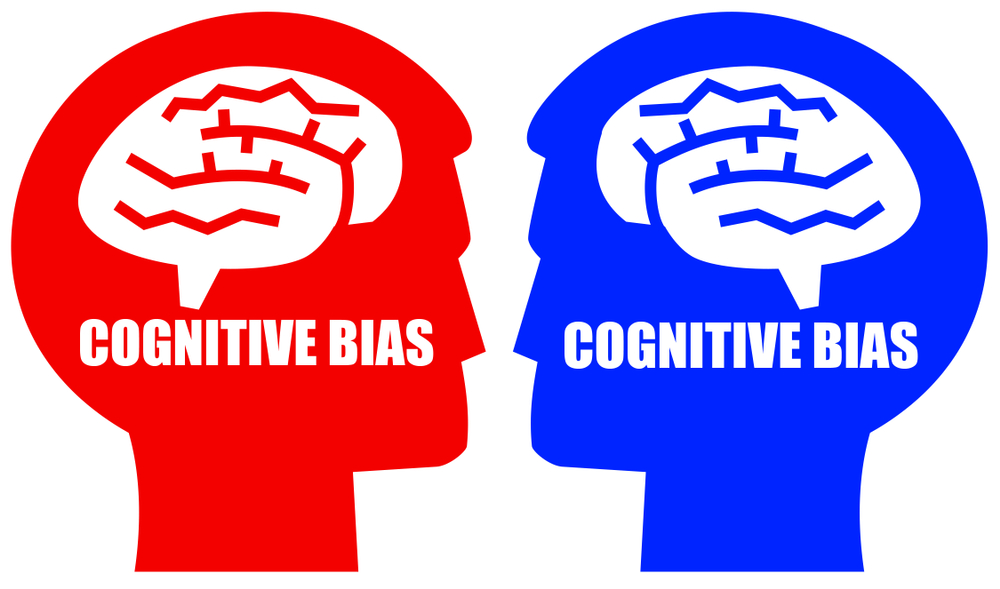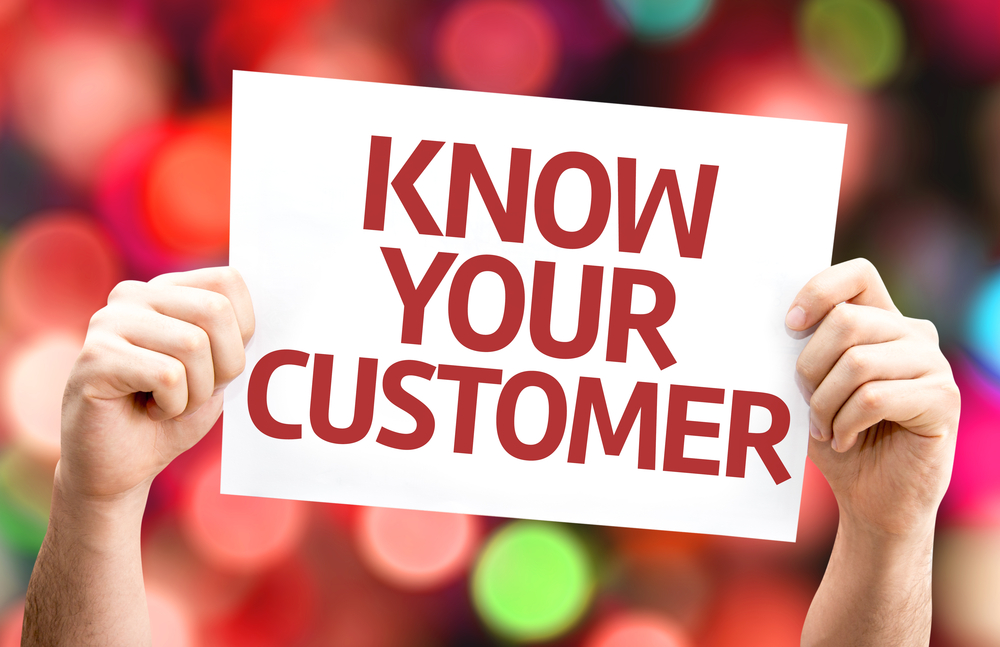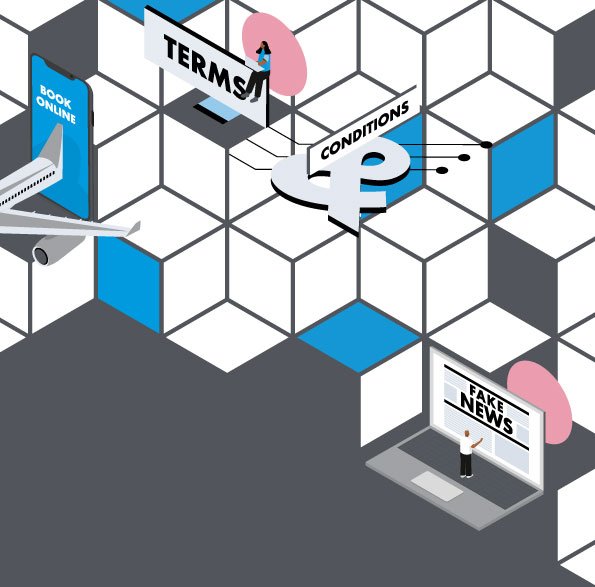Very early on in my advertising career I had realized that what people say and what they do are not always the same thing. One of the classic Ogilvy quotes that comes to mind is that – ‘Consumers don’t think how they feel, say what they think or do what they say.’ There has been a perpetual debate between intuitive and emotion-based creatives Vs. research based creative. And if we care to pause and reflect on it, our intuitions are a collection of our observations and feelings. Some of the best advertising in the world has been intuitive and high on emotions. Good creative people are inherently good students of human psychology and in turn, of the basic principles of Behavioral Economics. The good part is that Behavioral Economics has evolved into a well-structured practice and is taught at some of the best business schools. In a world where there are multiple choices, little product differentiation, similar price points and scarce time, the application of Behavioral Economics can help marketers leverage consumer behavior much more effectively and create differentiated brand experiences. The issue with the practice is that it comes across as being so intuitive that everybody starts feeling that we know this subject like the back of our hand. That, of course, is not true. People like Herbert Simon, Richard Thaler, Daniel Kahneman, Amos Tversky, Cass Sunstein have spent a lifetime articulating this.
But it is only now that the practice is getting acknowledged and getting it due. Large organizations and the government are understanding the power of Behavioral Economics and are creating special units and teams to ensure that they capitalize on this not so new discipline with much greater alacrity then done in the past.
Behavioral Economics combines insights from psychology, economics, judgment, and decision making to provide a more accurate understanding of human behavior. The best part about it is that through a spate of experiments, one can actually create a meaningful action plan, sometimes resulting in a 10x plus multiplier affect or change in behavior. Unlike classical economics, in which decision-making is entirely based on rational logic, Behavioral Economics studies and acknowledges the existence of irrational behavior and attempts to understand why this may be the case.
6 Insights from Behavioral Economics That Will Change How You Market
I have put together some very brief pointers that will help the uninitiated get a sense of this practice and why it is so important:
- Consumers unconsciously mirror other people’s behavior: Consumers do many things by observing others. They are encouraged to continue to do things as they do if they find social ratification in terms of other people conducting themselves in a similar manner and when they see other people approve of their behavior.
- Habits drive behavior: Consumers do many things without consciously thinking about them. These habits are difficult to change – even though people might want to change their behavior, it is not easy for them because it is deeply rooted. This is done unconsciously most of the time. Most consumers are not able to articulate this during any kind of research.
- Consumers have a value system: Doing the right thing is important to people. Contrary to popular belief money does not drive all decisions as it undermines people’s intrinsic motivation. They want their actions to be in line with their values and their commitments.
- Consumers are loss-averse: Consumers try to keep something that they consider is ‘theirs’, even when it is quite arbitrarily given to them. They develop a sense of ‘ownership’ and a ‘bond’ that is not easy to break. Kahneman and Tversky’s Prospect Theory, shows that people are not impartial to whether a loss or a gain is involved, in fact on the contrary, they put more effort into preventing a loss than winning a gain.
- Consumers are bad at computing: Consumers give undue weightage on recency and recent events while making decisions. They are unable to calculate probabilities and worry too much about unlikely events. In this context framing is really important to them. They are strongly influenced by how the problem/information is presented to them.
- Consumers need to feel involved: They want to be seen as driving or being part of change. Consumers are not happy with just getting incentives and information. They detest feeling helpless and out of control. It is much easier to get a desired outcome if the consumer feels he/she is in control and making active choices.
Behavioral Economics provides a framework to understand when and how people make errors. Systematic errors or biases recur predictably in particular circumstances. Lessons from behavioral economics can be used to create ‘nudges’ in business, policy making and lifestyle choices.
As Daniel Kahneman said – “It seems that traditional economics and behavioral economics are describing two different species. The latter shows that we are exceptionally inconsistent and fallible human beings. We choose a goal and then frequently act against it because self-control prevents us from implementing our goals”
All marketers need to incorporate this thought process when devising their consumer approach and brand strategy. The practice of Behavioral Economics provides a framework for human insights, the secret sauce is in marrying them with data driven insights. I will keep exploring different facets of Behavioral Economics, cognitive biases, behavioral insights and some of the seminal work that is happening in this space.


